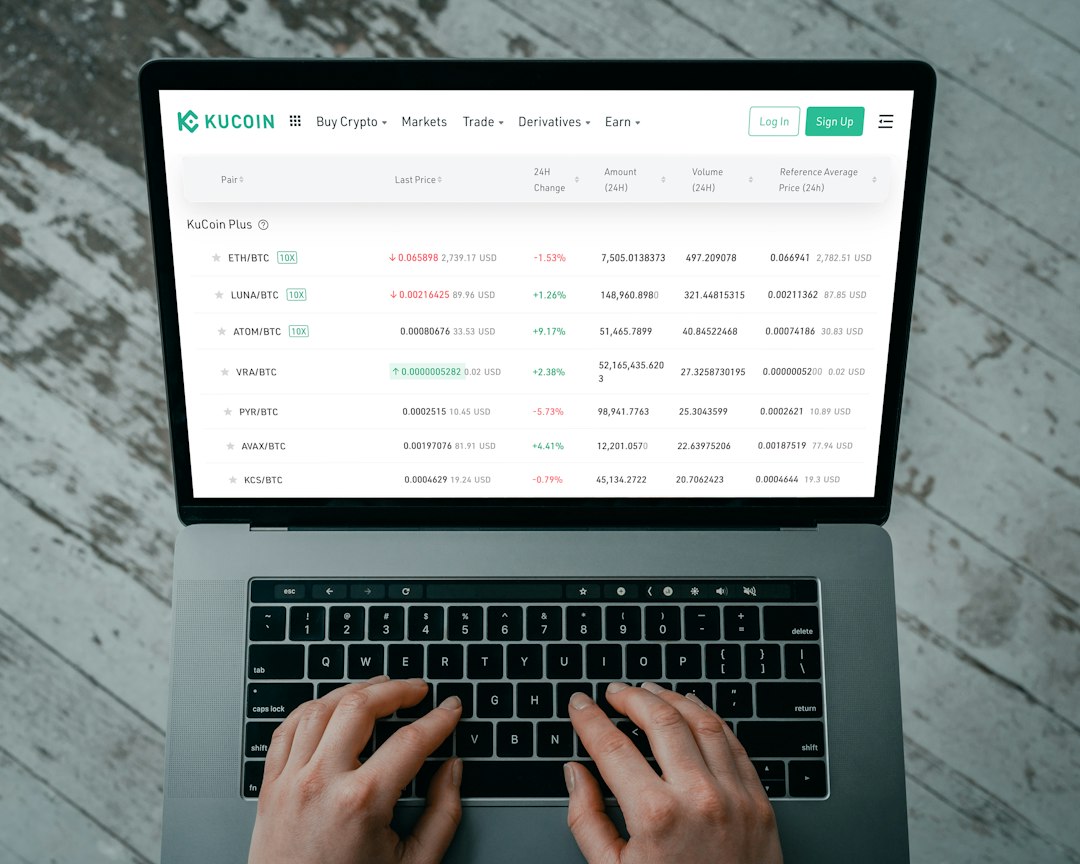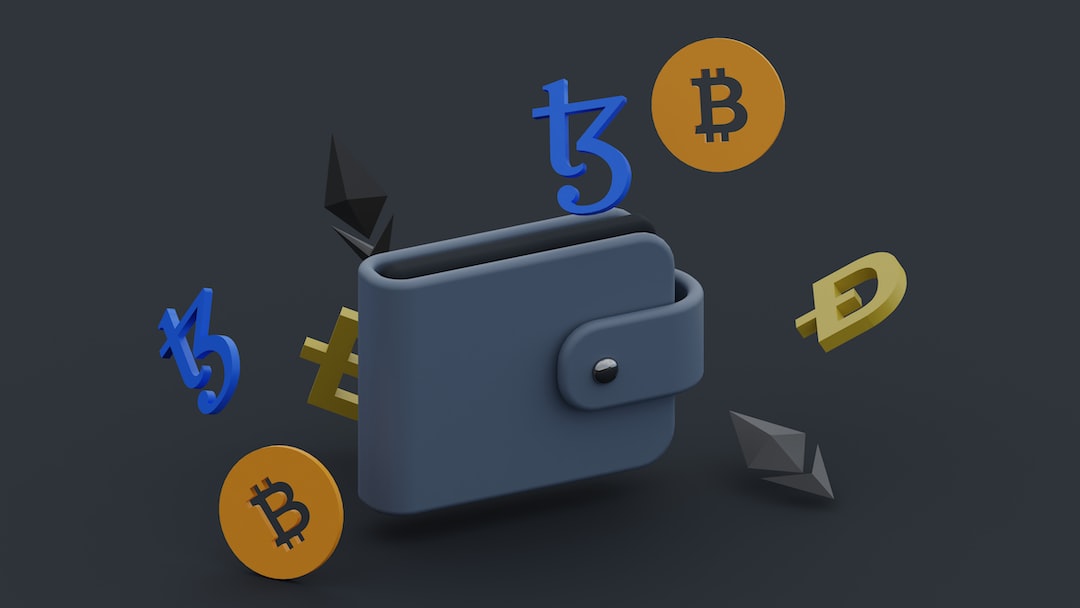A Backlash for LayerZero’s Integration of Wrapped stETH
LayerZero, a cross-chain protocol, recently faced backlash from the Lido community after announcing the integration of a wrapped version of Lido’s staked Ethereum token, stETH. This wrapped version, called wstETH, is an ERC-20 version that allows for easier use in other applications. LayerZero integrated wstETH across BNB Chain, Scroll (a layer-2 network), and Avalanche.
The backlash stemmed from the fact that LayerZero did not seek approval from Lido’s decentralized autonomous organization (DAO) before the integration. Typically, DeFi projects seek approval from their DAO members who vote on proposed changes using governance tokens. LidoDAO was not aware of the integration.
In addition to the governance concerns, there were also security concerns raised about LayerZero’s architecture. The protocol uses a mint-and-burn mechanism to bridge tokens between different networks, which poses risks if the messaging layer is corrupted. Additionally, the security of LayerZero’s OFT-based tokens relies on its native validators, unlike other layer-2 networks that have native bridges for token transfers.
LayerZero Responds by Dropping Scroll Integration
In response to the backlash and concerns raised by the Lido community, LayerZero decided to backtrack on at least one integration. They removed their wstETH token from Scroll Network and acknowledged the preferences of both users and protocol developers for native bridges over those built by LayerZero.
Hot Take: Security and Governance Concerns Surrounding LayerZero’s Integration
The integration of wrapped stETH by LayerZero has sparked a backlash within the Lido community due to concerns about governance and security. By circumventing LidoDAO’s approval process, LayerZero disregarded the decentralized decision-making powers of the community. This lack of transparency and collaboration undermines the principles of decentralized finance.
Furthermore, LayerZero’s architecture raises security concerns. The mint-and-burn mechanism used for token bridging poses risks if the messaging layer is compromised. Additionally, the reliance on native validators for security leaves LayerZero’s OFT-based tokens vulnerable compared to layer-2 networks with native bridges.
To restore trust and address these concerns, LayerZero has taken steps to rectify the situation by removing their wstETH integration from Scroll Network. However, this incident serves as a reminder that security and governance must be prioritized when integrating protocols in the crypto space.





 By
By

 By
By
 By
By
 By
By